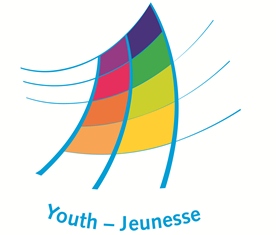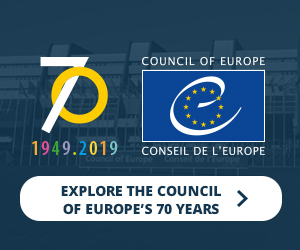Enter Long-Term Training Course 2009-2012
This long term training course was a core element of a two-year project called ENTER! Access to Social Rights for Young People from Disadvantaged Neighbourhoods (2009 - 2011).
The course included three residential trainings, first in September 2009, second in October 2010 and a third one on the evaluation of projects, in 2011. In between these seminars the participants carried out a project based on the needs of young people with fewer opportunities addressing the problems in access to social rights.
The course was held in English and French with simultaneous interpretation during the residential seminars.
Aim of the course
This long term training course aimed at developing the competences of youth workers/youth leaders to contribute to combating the social exclusion of young people in disadvantaged neighbourhoods through the development of concrete projects.
Objectives
- To develop participants’ competences in developing and running a youth project for social inclusion based on intercultural learning, human rights education and participation;
- To familiarise participants with European youth programmes and policies (Council of Europe and European Commission) and the values, mission, structure and ways of working of the Council of Europe and in particular the Directorate of Youth and Sport;
- To concretely address situations of conflict and exclusion of young people living in multicultural disadvantaged neighbourhoods through non-formal education and youth work projects by the course participants;
- To explore and develop conceptual and practical means of translating intercultural dialogue into the realities of youth work;
- To identify and try out criteria for innovative youth work projects with young people at risk of exclusion and violence;
- To initiate, support and evaluate up to thirty five innovative pilot projects with a high multiplier effect across Europe;
- To share knowledge and experiences on challenges to human and social rights faced by young people in disadvantaged neighbourhoods in Europe;
- To support the implementation of cross-sectorial and interdisciplinary youth work and youth policy by associating local authorities, youth research and youth policy development to youth work;
- To contribute to the recognition of youth work and non-formal education at local and national levels;
- To support the implementation of the objectives of the Agenda 2020 of the Council of Europe in relation to the social inclusion of young people.
Course calendar
- Pre-seminar online phase– 15 July- 20 September 2009
- First Residential seminar – 20 September (arrival) - 1st October 2009 (departure day)
- First project phase and e-learning – October 2009- September 2010
- Second residential seminar– 26 September 2010 (arrival) - 6th October 2010 (departure day)
- Second project phase and e-learning– October 2010 - Spring 2011
- Evaluation seminar – Spring 2011
The team of trainers responsible for preparing, implementing and evaluating the course consisted of:
- Pieter- Jan Uyttersprot – Belgium
- Athanasios Krezios – Greece
- Matteo Fornaca – Italy
- Alexandra Raykova – Bulgaria
- Nadine Lyamouri-Bajja – Educational Advisor, Council of Europe
- Rui Gomes - Head of Education and Training Unit, Council of Europe
- Documentalist: Tony Geudens (Belgium)
- Evaluator: Yael Ohana Forbrig (Germany)




